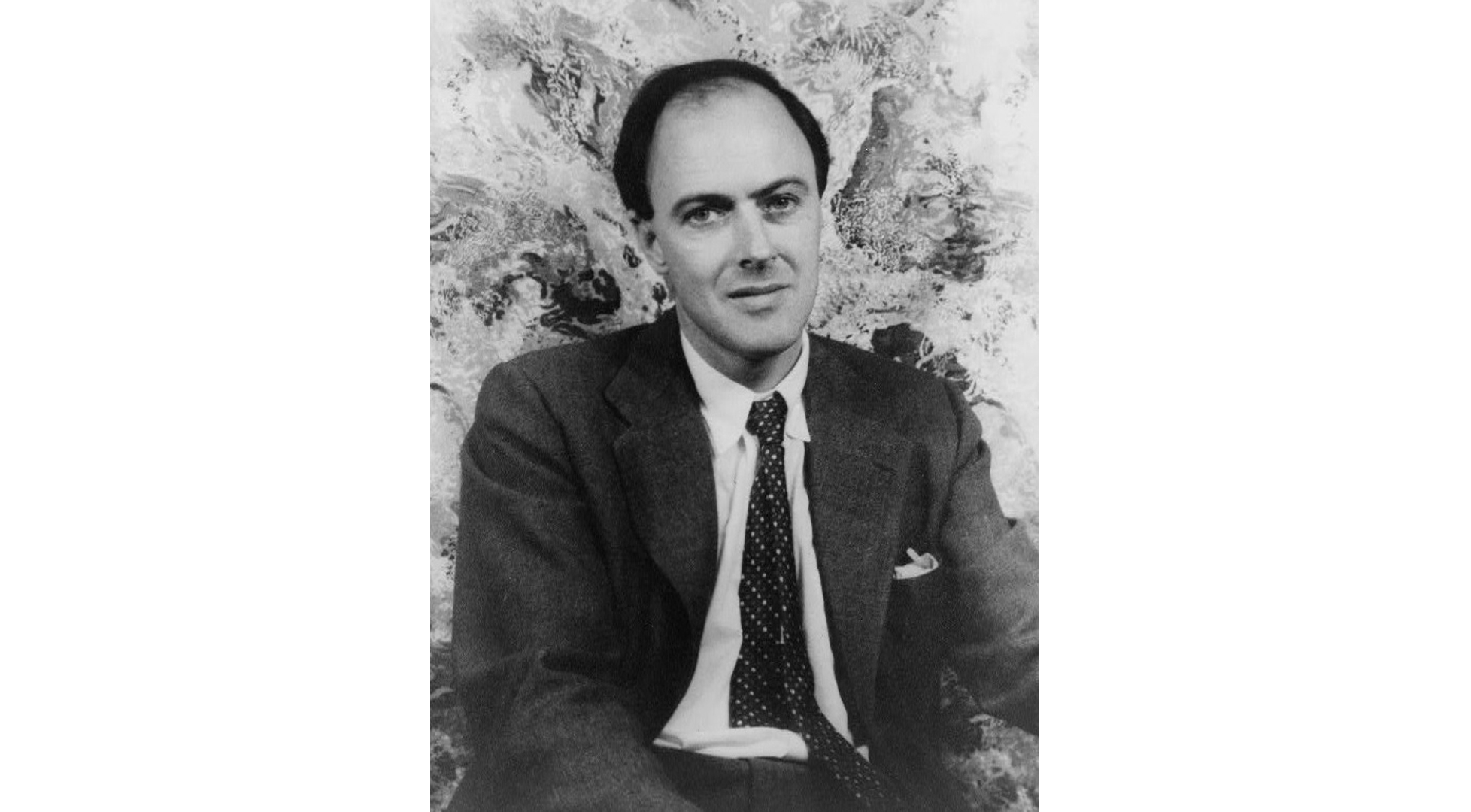Roald Dahl was a proud antisemite but if it’s real courage you’re after, look to his family who, a mere 30 years after his death, have finally acknowledged that the children’s author wasn’t keen on the Jews.
The Sunday Times reports that the family ‘recently met for the first time in several years to discuss the problem and published a discreet apology for his racism on his website’. In the statement, buried deep on the official Roald Dahl website, his family ‘deeply apologise for the lasting and understandable hurt caused by some of Roald Dahl’s statements’, though they make no mention of what these ‘prejudiced remarks’ were or to whom they were directed. Indeed, as the Sunday Times reports, the statement was ‘never displayed prominently, or sent to the media or Jewish groups’. It sounds distinctly like an apology to be cited rather than seen.
Of course, had they gone into detail, there would be rather a lot to apologise for. Dahl told the New Statesman in 1983:
‘There is a trait in the Jewish character that does provoke animosity, maybe it’s a kind of lack of generosity towards non-Jews. I mean there is always a reason why anti-anything crops up anywhere; even a stinker like Hitler didn’t just pick on them for no reason.’
He pronounced that ‘there aren’t any non-Jewish publishers anywhere’ and claimed the truth about Israel’s conduct in the Lebanon War was being ‘hushed up in the newspapers because they are primarily Jewish-owned’. Turning to US politics, he inveighed against ‘powerful American Jewish bankers’ and declared the government ‘utterly dominated by the great Jewish financial institutions’. He branded Menachem Begin and Ariel Sharon ‘almost the exact carbon copies in miniature of Mr Hitler and Mr Goering’. At the same time, he suggested Jews lacked ‘guts’ because, ‘from my wartime experience, we saw almost none of them in the armed forces then’.
Dahl was not coy about his antisemitism, telling the Independent shortly before his death:
‘I’m certainly anti-Israel and I’ve become antisemitic inasmuch as that you get a Jewish person in another country like England strongly supporting Zionism.’
None of this could have been unknown to his family. Dahl went out of his way to make racist copy about the Jews. Writing in the Spectator in 1983, Paul Johnson documented one such incident — a rancid article published in the Literary Review — and observed:
‘As a rule, in a civilised country like Britain, those who hate the Israelis, or the Jews in general, are careful to mask their views behind a screen of anti-Zionism, thus in theory giving their collective condemnation a political rather than a racial rationale. Dahl is a different case. He is too reckless, or too angry, or too confident in getting away with it, to take such precautions.’
The moral value of apologising for the actions of others, even family members, is debatable but there is nothing wrong with showing some empathy to a wronged party. If his family’s statement is intended to do that, why was it slipped out quietly, dumped in the depths of the official website, and reportedly done without contacting Jewish communal groups or any of the community newspapers? It is not a statement of regret but a whisper.
Why whisper now, when Dahl’s racism stretches back decades? The Sunday Times notes:
‘Many close to the estate and family are thought to believe the problem could receive more attention as they court film and television deals in America, on which the estate has become increasingly reliant. Company accounts show that 82 per cent of its revenue comes from outside the UK.’
Ah.
Of course, the family could be sincere in their comments and their late arrival simply the product of embarrassment or shame rather than financial considerations. The larger question is why, despite Dahl’s voluminous expressions of anti-Jewish racism, his family has been able to address the matter in their own time and on their own terms. It is, after all, 2020. Grindr is racist. Uncle Ben’s rice is racist. The lower-case ‘b’ is racist. Reopening schools is racist. Facial recognition technology is racist (but only for 12 months). How did Dahl get through this year of statue-toppling, book-banning, movie-deleting and author-cancelling unscathed, with no rallies or riots or corporate wokery prompting his relatives’ semi-public semi-apology? Cardiff Council has not renamed Roald Dahl Plass; National Museum Wales continues to hold Dahl-centric events and Roald Dahl Day is still celebrated every September 13.
Might it be that Dahl picked his target astutely? That so many practitioners of ‘anti-racism’, and those eager to be admitted to their elect ranks, have a blind spot for antisemitism? Critical race theory does get distinctly less critical when it comes to hatred of Jews.
Despite all this, the answer to Dahl’s antisemitism is not to pull his books from library shelves or withdraw Willy Wonka & the Chocolate Factory from streaming services. Roald Dahl Day should be retired, since it celebrates the man as much as his books and he isn’t a man to celebrate. But his deliciously dark, cynical takes on childhood remain essential reading for children. Whether it’s James and the Giant Peach or Fantastic Mr Fox, Tales of the Unexpected or Danny, the Champion of the World, the Welsh author produced novels and short stories that expand young minds and instil a lifelong love for reading.
Roald Dahl held repulsive views and wrote spellbinding books. We can revile the former while treasuring the latter and it doesn’t make us hypocrites — it makes us human. Liberalism allows us the freedom of thought to examine character and distinguish it from art, to decide where the ethical line should be drawn. It allows our thinking to evolve, to make mistakes and correct them, to change and move on rather than endlessly rewrite the past into ever-narrower cordons of propriety.
Cancel culture denies us the very thing we need when confronted by brilliant bigots like Roald Dahl: moral choice.








Comments